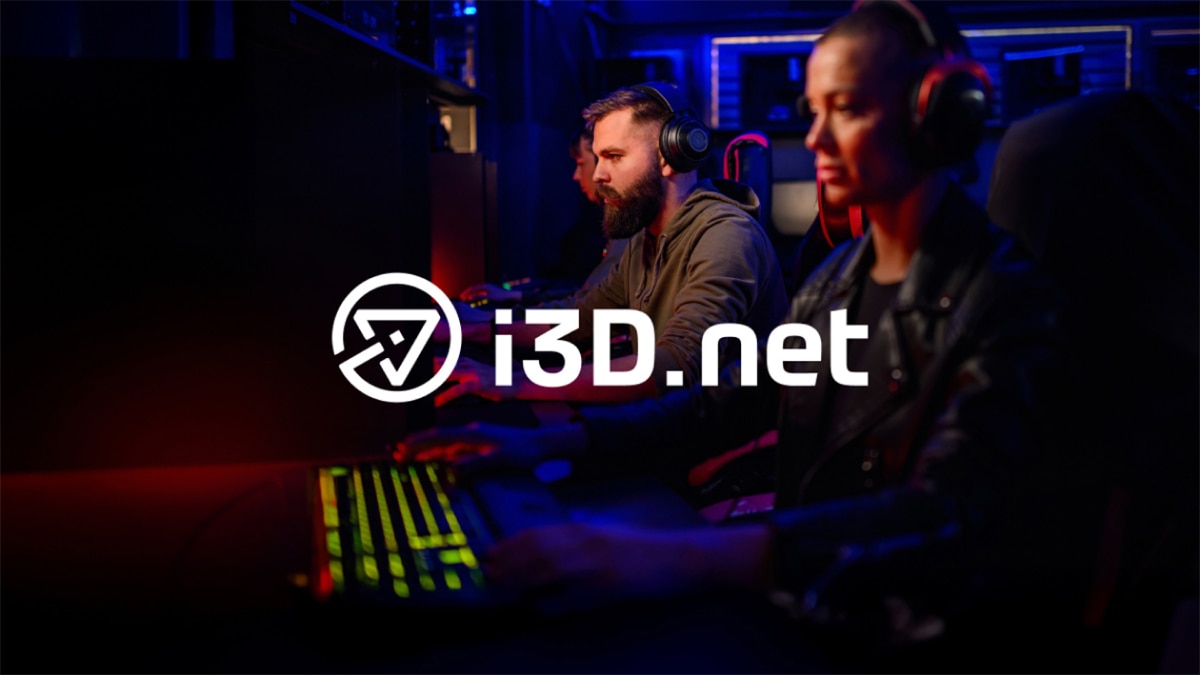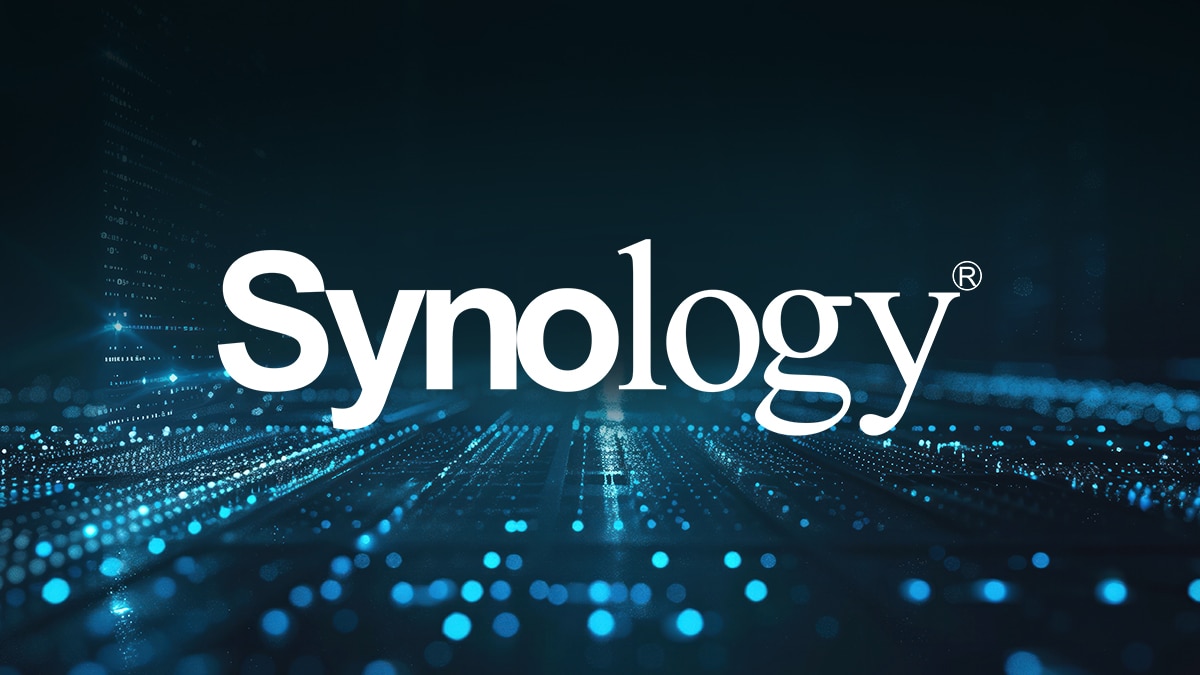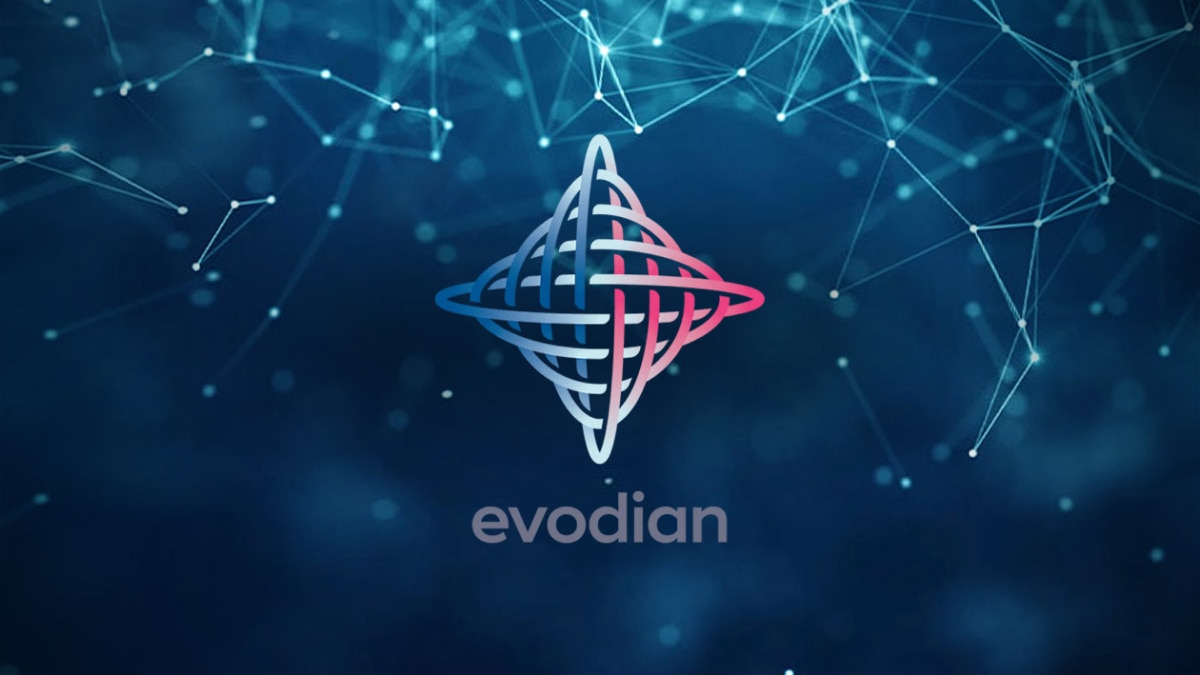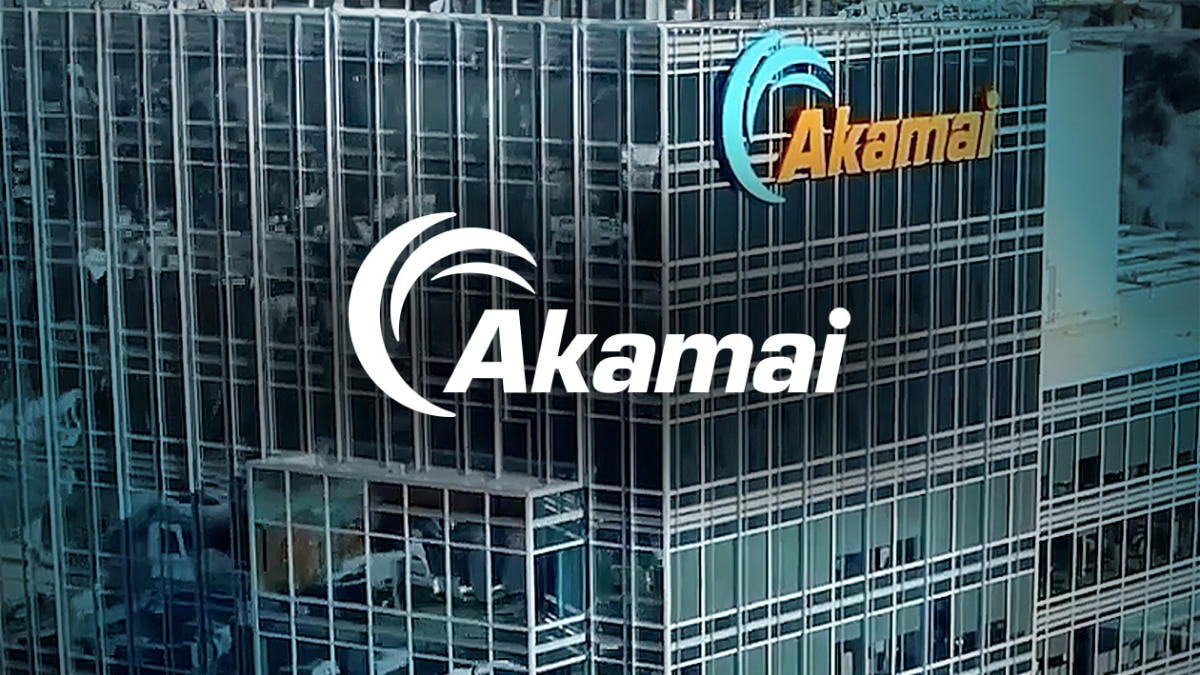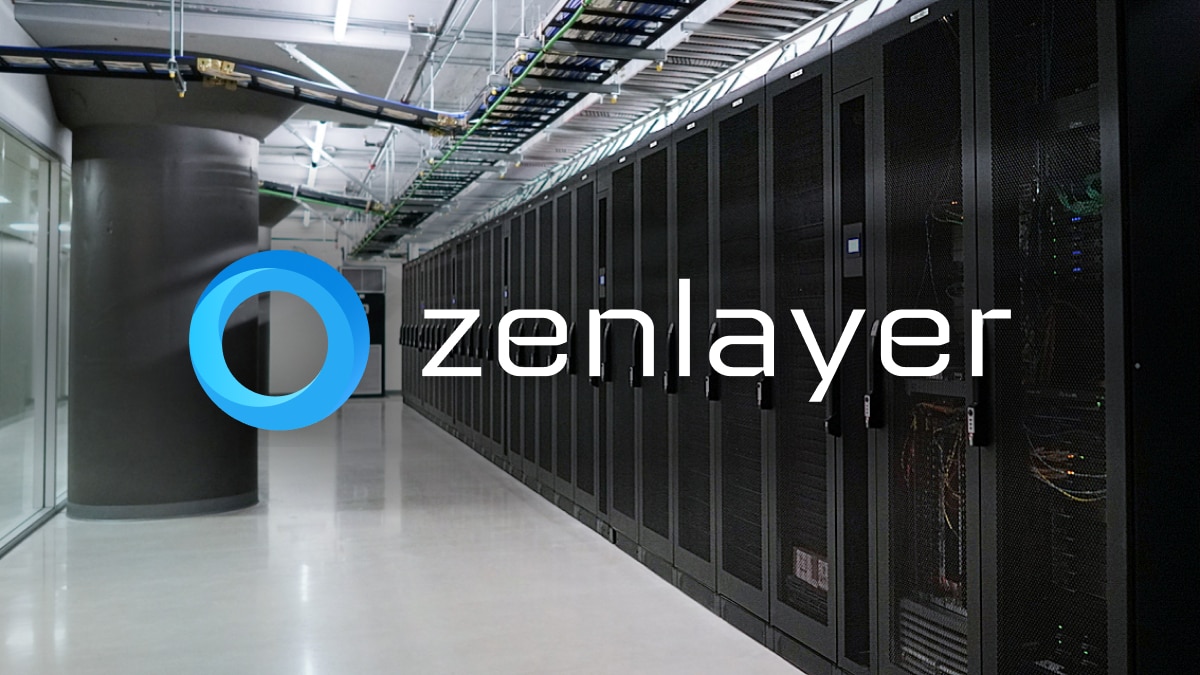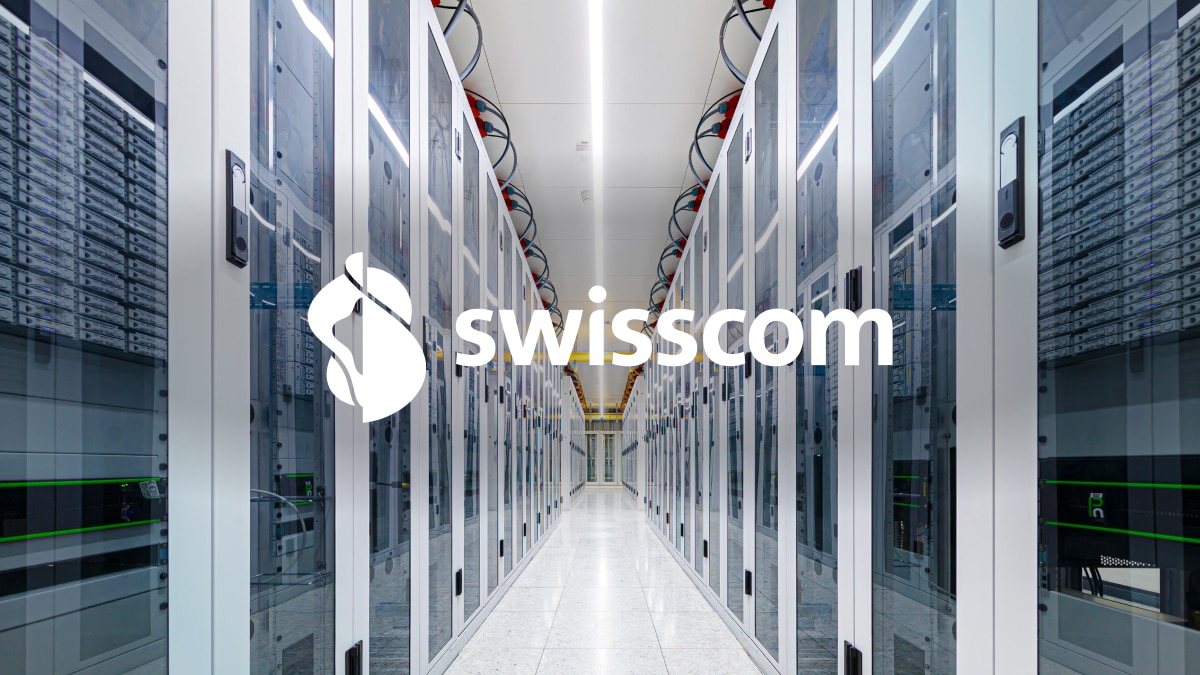Latitude.sh supercharges bare metal with AMD EPYC™ CPUs
Brazilian bare metal cloud provider Latitude.sh deployed AMD EPYC CPUs to enhance performance and reduce costs for its innovative services
Latitude.sh has pioneered an innovative approach to Internet infrastructure: bare metal that can be managed as easily as the Cloud. This requires a different balance of server capabilities to those typically found in hyperscalers. Individual core performance is as important as how many cores you have on a single CPU. The Brazilian company found its original x86-based server platform couldn’t deliver the right attributes, but a switch to AMD EPYC™ processors provided the performance and features required, plus a whole lot more to help Latitude.sh grow its business internationally.
“When Latitude was founded 24 years ago, we started with the hosting industry and VMs,” says Ricardo Bortolansa, head of business strategy, Latitude.sh. “In 2018, we migrated to only bare metal, then in 2019 we expanded across the globe. Our core business is to sell dedicated services on top of a platform that aims to make bare metal look like a public cloud. We are now in 16 locations internationally. Amsterdam is going to be the 17th. We serve many different industries from SaaS, HPC, and Adtech, to Web3 and blockchains.”
The ability to present bare metal with the seamlessness of a cloud VM is what makes Latitude.sh special. “There are lots of financial and operational advantages to using bare metal,” says Richard Nicholas, Head of Sales, Latitude.sh. “We eliminate the trade-offs that a customer might encounter using metal versus cloud, so it feels the same and works just as easily, if not more so. Then they can reap all the benefits of bare metal for many use cases centering around performance and cost.”
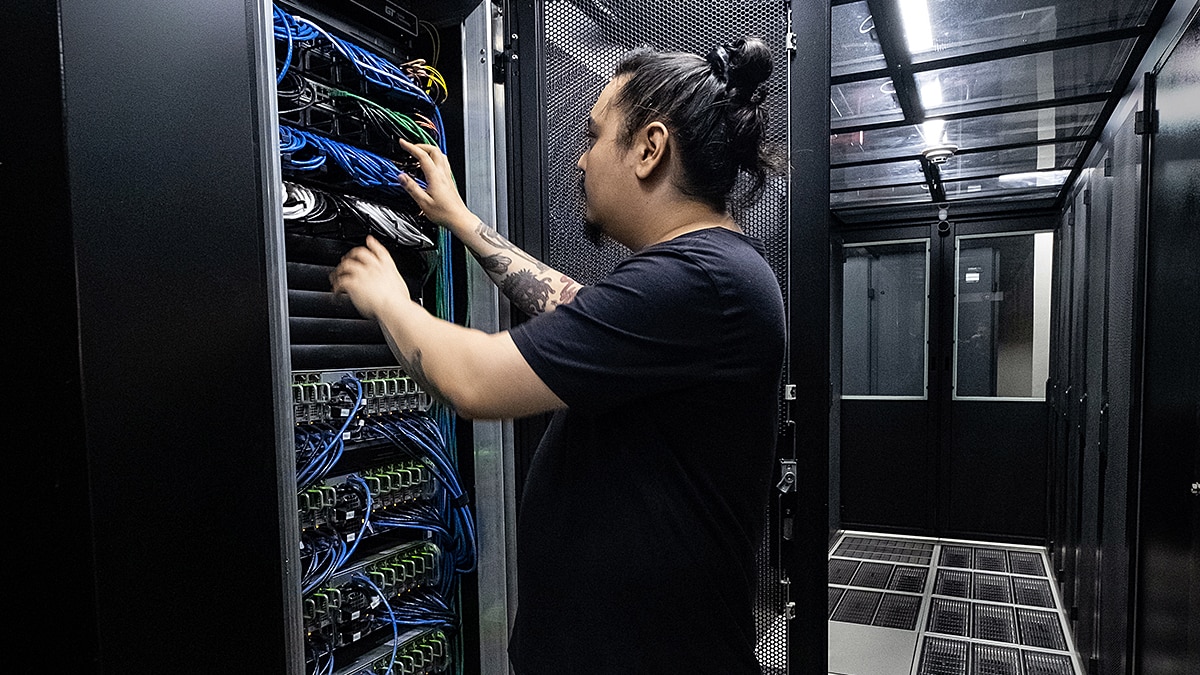
AMD EPYC CPUs deliver higher base clock frequencies
Latitude.sh says it has customers making savings as great as 80 percent from using bare metal instead of public cloud. Without the abstraction of virtualization, performance is much improved, and direct access to the hardware enables access to the BIOS, including hardware-based security features for confidential computing. However, balancing the convenience of cloud against the performance and cost benefits of bare metal proved problematic with Latitude.sh’s original infrastructure platform.
“Four years ago, we only had Intel products,” says Bortolansa. “When the number of cores went up, the base clock went down, so in 2020, we started using 3rd Gen AMD EPYC CPUs, because they have lots of cores, and still have a high base clock.” Latitude.sh had seen AMD CPUs being employed effectively in the Web3 industry, particularly for high throughput blockchains.
“We saw how good AMD products were,” says Bortolansa. “We started upgrading our services with AMD CPUs. We began with 3rd Gen AMD EPYC processors, and in our latest generation we are using 4004 Series CPUs with fewer cores. For high performance we are using 4th and high frequency 5th Gen AMD EPYC CPUs, which are incredible for HPC use cases. The high frequency AMD EPYC CPU is the 9275F 24 cores at 4.1 gigahertz. We also use AMD EPYC 4484PX and 4564P, with 12 and 16 cores respectively.” The range of AMD EPYC CPUs gives Latitude.sh customers a wide choice of platforms.
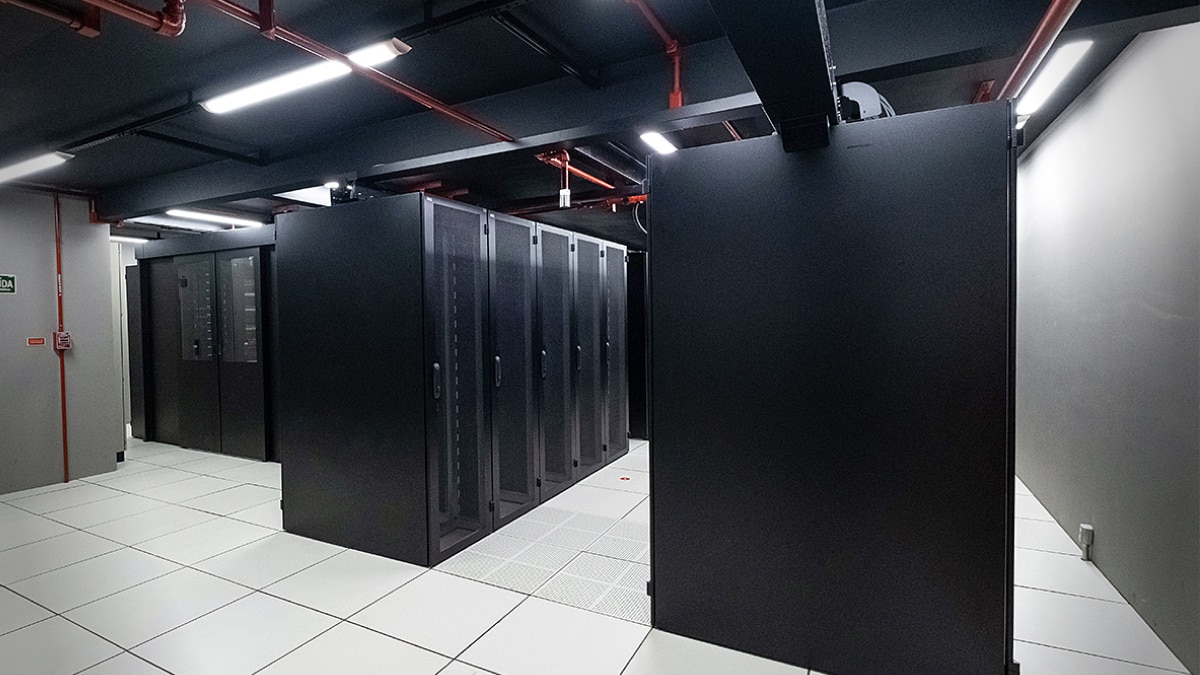
More core count options with AMD EPYC CPUs
“The core count options are invaluable for us, as well as the performance per watt,” says Vinícius Sztibe Manson, head of operations, Latitude. “We had 24 to 60 in the previous processors we used, and it's what we see on most of the competitors as well. But with AMD we can get lower than 16 and then much higher with 96. The 12-channel memory support, instead of the limitations we had from Intel, is also hugely beneficial. Our customers enable AMD SEV a lot to allow memory encryption, too, and only AMD offers this.”
The better balance between core count and clock frequency has not been the only benefit from switching to AMD CPUs. “The AMD processors consume a lot less power than our previous ones,” says Manson. “We gained at least ten percent more density in one data center cabinet,” adds Nicholas. “We can deliver better pricing to our clients.” This is particularly beneficial as AI workloads and GPUs keep pushing power requirements upwards. “Delivering more servers per rack by consuming less power, thanks to AMD, means our operational cost per server goes down, which we can pass through to our customers.”
Latitude.sh harnesses these capabilities to provide a class-leading platform for the Solana blockchain. “We started mostly providing bare metal servers for companies that sell API requests to access the Solana blockchain,” says Bortolansa. “After that, validators started looking to us because our product was perfect for Solana staking. We now have around 20 percent of all Solana staking on our platform. Then other high throughput blockchains started using our services such as SUI, SEI and Aptos. All these blockchains need a lot of throughput and processing power, which requires bare metal. They simply don't work properly in a Cloud environment. Now Layer 2 blockchains from the Ethereum world are starting to use us.”

Performance to target new business areas
“We see Visa, PayPal and other enterprise-level companies using the Solana blockchain,” adds Bortolansa. “The perfect hardware for Solana has 24 cores with at least 2.9 gigahertz base clock. Only AMD can provide this. If you go to a public cloud, you're going to have 2.2 gigahertz.” Latitude.sh’s adoption of AMD technology has helped its blockchain business grow quickly. “Once we had one company using us, word of mouth spread like crazy.”
The enhanced performance and results from AMD CPUs have driven Latitude.sh to almost completely migrate from its previous platform. “Our inventory is now 95 percent AMD servers,” says Bortolansa. The performance and features of servers powered by AMD EPYC CPUs have enabled Latitude.sh to target new business areas as well. “The main verticals we are exploring right now are Adtech and SaaS. We see the tech world evolving and requiring more computing power. If we kept using Intel, customers wouldn’t have enough performance on bare metal. We only see this with AMD.”
The streamlined AMD platform and dependable roadmap have helped with Latitude.sh’s relentless global expansion. “The more uniformity we can have in the underlying components, the better,” says Nicholas. “It's always good to have a standard offering. AMD's EPYC CPUs allow us to have a much smaller variance in terms of motherboards and chassis, which reduces the risk of stranded hardware, and the quantity of spare parts we need shrinks because things are interchangeable.
Latitude.SH intends to keep using AMD technology for the foreseeable future. “We are exploring all new generation AMD products,” says Bortolansa. “We already have 4th and 5th Gen AMD EPYC CPUs.” The company intends to start offering servers powered by the next generation as soon as it’s mature in the market. “We are really looking forward to hearing more about what AMD releases next. In 2020 we decided that we are not going to be a budget bare metal provider and wanted to offer the best hardware available. To accomplish this, the only solution was to use AMD because AMD evolves. We couldn't rely on any other CPUs. With each new generation of AMD EPYC CPUs, we see a huge increase in performance and a very good price.”
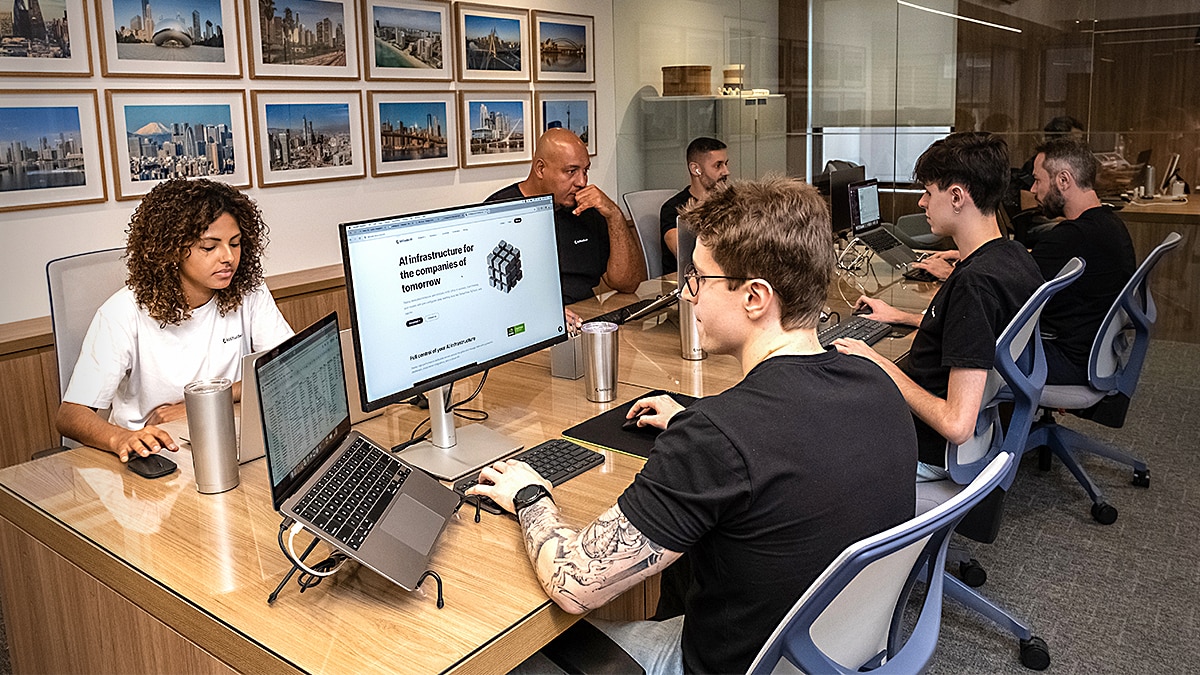
About the Customer
Latitude.sh is a global bare metal cloud provider specializing in high-performance, on-demand infrastructure. The company offers dedicated servers and custom configurations, enabling businesses to deploy and scale their applications with maximum control and predictable costs. Its platform is designed for developers and enterprises seeking powerful, low-latency computing solutions, without the overhead of virtualization. Latitude.sh provides a robust and reliable foundation for a wide range of workloads, from AI and machine learning to gaming and SaaS. For more information visit latitude.sh.
Case Study Profile
- Industry:
Bare metal cloud services - Challenges:
Better core clock speeds with high core count server CPUs to enable the best possible performance with bare metal infrastructure - Solution:
Deploy servers powered by AMD EPYC™ 7003, 4004, 9004, and 9005 series CPUs - Results:
10 percent reduction in power consumption per data center cabinet, lower costs, increased performance enabling Latitude.sh to gain 20 percent of the Solana blockchain market and target new workloads - AMD Technology at a Glance:
3rd Gen AMD EPYC™ CPUs
4th Gen AMD EPYC™ CPUs
5th Gen AMD EPYC™ CPUs



